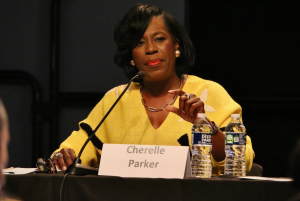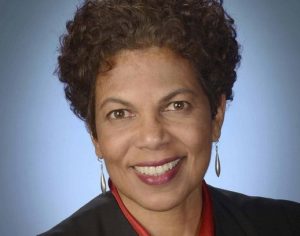A strong showing for women in weekend elections for a body to write a new constitution for Chile ended up benefiting men, an analysis of the results has shown.
By design, half of the more than 1,300 candidates were women, and half of the 155 seats on the new “constitutional convention” were also reserved for women.
However, nobody seemed to expect they would not need the help.
In total, 84 women were elected to the 155-member constitution-drafting body.
But given the decision to divide the seats half-half, a gender “correction” tool to ensure parity had to be applied.
Seven men replaced duly elected women, bringing the total number of men to 78 — one more than the body’s 77 female members.
Also Read: UN report says millions of women face restrictions on their body
There was no such parity rule for candidates in the other elections that took place on Saturday and Sunday — for local councilors, mayors and governors.
Women accounted for 16% of candidates for governorship, 23% for mayoral positions, and 39% for local council posts.
The vote for the constitution-writing body, said political scientist Pamela Figueroa, “broke the myth that women were not eligible or competitive electorally.”
Also Read: Haiti protests: Women take to the streets to call out instability, violence
The problem was that they were not nominated by their own parties.
Chile is a conservative country in which abortion was banned outright until 2017, when it became possible in cases of rape or health risks to the woman. Elective abortion became legal this year.
Legislation prohibiting women from remarrying within 270 days of divorce, to remove doubt about the paternity of children, was scrapped last year.







